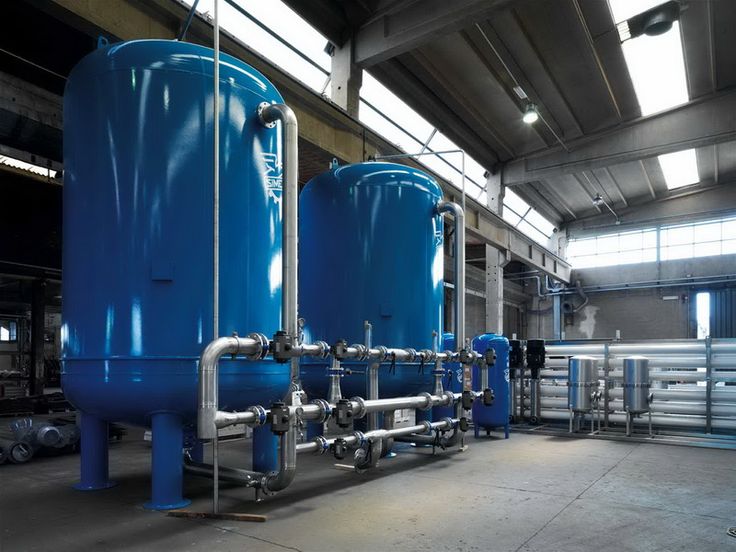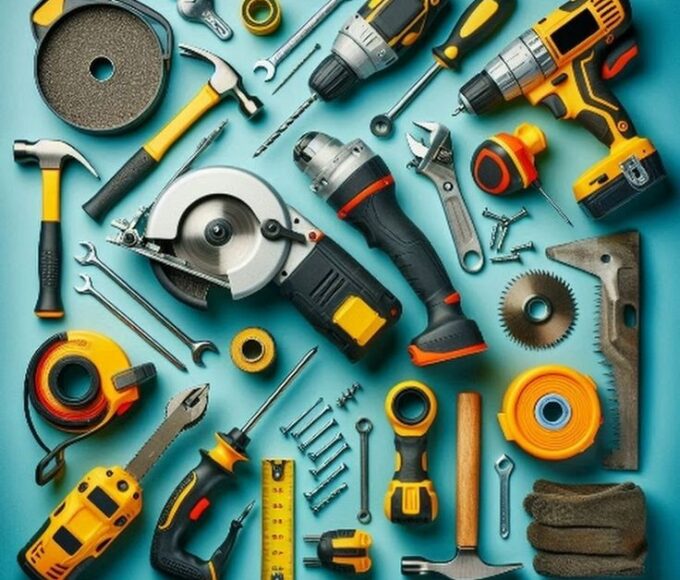Clean water is critical to our health. As increasing number of people become concerned with contaminants in tap water, a large number of Australians are thinking of investing in a water filtration system. With several choices on board, though, how will you know which one is suitable to you? And just how much then does the real cost of these systems come to? When taking this plunge into this subject, we are going to discuss not only the financial side but also the long-term rewards that can go a long way in helping you, as well as your family. Let us find out whether it is worth investing into a water filtration system or it is just another cost added to your utility bill.
Types of Water Filtration Systems
There are a variety of water filtration systems that are unique to requirements. Activated carbon filters are the most widespread ones. These do a great job of eliminating chlorine and other pollutants, and they improve the taste of water.
The reverse osmosis systems go a notch higher to force water through a semi-permeable membrane. The purification process removes up to 99 percent of contaminants, thus suitable in individuals who need drinking water of high quality.
The UV filter is also a popular choice. It kills bacteria and viruses without chemicals using ultraviolet light. This works best in homes that use well water or those householders who are worried about pathogens.
Whole-house filtration systems provide complete coverage to larger homes. They have the capability to treat all water points of supply to ensure that clean water is flowing in all the faucets.
Pitcher filters are convenient and mobile. Although they are not as effective as fixed ones, it is simple to operate and maintain to get filtered water whenever you require it.
The Benefits of Using a Water Filtration System
A water filtration system has many benefits that are not restricted to enhancing taste alone. Improved health is among the outstanding advantages. These systems can give you and your family drinking water that is free of poisonous substances such as lead, chlorine, and bacteria and therefore makes it safer.
Also, filtered water will go a long way to making your drinks and food to be of high quality. Whether it is preparing coffee or boiling pasta, clean water brings flavor and brings general satisfaction.
The environment is also important in filtration system attractiveness. By using fewer bottles of water, families help in the prevention of plastic waste and at the same time the homes will have fresh-tasting drink, which will also act as a source of hydration.
Another good reason that can persuade one to make an investment is cost-effectiveness. Although there are some initial expenses, they may save money in the long run than buying bottled products on a regular basis.
Essentially, the integration of an effective filtration solution will improve the level of healthiness and convenience in life.
The Initial Cost of Installing a Water Filtration System
Installation cost of water filtration system is not a constant. The type of system, brand, and installation requirements are some of the factors that will contribute much to the price.
To illustrate, under-sink systems are known to be in the range of between 200 and 600. This involves equipment costs and installation costs. Countertop units can be cheaper initially, and can range between 100 to 300 dollars.
Whole-house systems are however more expensive. Average costs will be around 1,000 dollars and maybe much higher, depending on the size and plumbing requirements of your house.
These numbers may appear daunting but you have to look at what you are receiving out of your investment. Clean drinking water contributes not just to the peace of mind but a long term health benefit to yourself and family.
Maintenance and Operational Costs
The water filtration system cost Australia and operation can also be considered an important factor. It is important to maintain your system on a regular basis.
Filter replacement is needed after every few months or after a year depending on the usage. Prices of these filters may vary between 50 and a number of hundreds, and this will affect your budget in the long run.
Also, there are systems that require maintenance by professionals. This is another cost to the homeowner that must be taken into account during the assessment of investment.
The other factor is energy consumption. Many modern units are efficient in terms of energy consumption, however, older models can increase the utility bills once they are not closely monitored.
Withdrawing of such recurrent costs through budgeting will ensure that clean drinking water is maintained without causing any unnecessary financial burden. Having a knowledge on the fixed and the variable costs will help you make a sound judgment on which type of filtration is best suited to your lifestyle.
Long-Term Savings and Environmental Impact
When dealing with the long run savings of having a water filtration system, one should be able to balance both financial as well as environmental advantages. The initial cost might look overwhelming but most of the homeowners find out that such systems are self-paying in the long run.
Among the benefits, the decrease in purchase of bottled water is one of the advantages. Purchasing bottled water in Australia can be very expensive. You save money and reduce to a large extent plastic waste by switching to a filtration system. This is in tandem with present sustainability objectives that are common in Australian societies.
Moreover, most tap water sources in municipalities are contaminated and may cause health problems in the future or may need expensive remedies. With a good filtration system, you can be able to enhance your general health by getting cleaner drinking water as well as spending less on medical care due to the dirty sources of water.
On an environmental level, investing into a water filtration system has a positive impact because it reduces the number of single-use plastics and encourages the responsible consumption habits. With the rising awareness of the issue of climate change and pollution, sustainable decisions become more and more important to the future generation.
The ultimate result of the selection of an appropriate water filtration solution is a major saving and environmentally-friendly in-home practices. Although the actual cost of a quality system could require initial capital outlays alongside a lifetime maintenance factor, it can eventually pay off, both in economic gains and in environmental benefits.












